The Global Eco-village Network organized a conference in Cairo, Egypt from November 18-21 in Sekem, a village located 60 km from Cairo. The purpose of the conference was to gather with youth from all the regions of Africa and share their projects on environment protection, conservation and others. The Sekem eco-village served as a great example of a village that benefits and operates using sustainable ways of living.
Program of the conference:
Day 1:
The first day started with the presentation of the Global Ecovillage Network (GEN) by Kosha, the president of the organization.
The Ecovillage has 4 long-term dimensions for sustainability: culture, ecology, social, and economic.
What are they doing?
The organization aims to raise awareness, promote education, coordinate and monitor work with all the local eco-villages in the world, build networks and alliances across sectors.
GEN is an initiative that builds networks and connects other eco-villages across continents.
Visit to the Farm:
A good example of an eco-village is the Sekem village. It uses organic food and products. Sekem farm started with very with few hectares using compost instead of water. Then, it started to grow. Now it has a laboratory and a university. The community that lives there works at the farm and the kids and youth go to school and to the university there. There is a place for art and music. The community meets in a big circle every Thursday. The objective of the meeting is for each one to tell what s/he has done during the week so that everyone knows what’s going on in the farm.
Activities on the farm:
– Quality Control
– Fumigating herbs and spices
– Storing products separately
– Anis and mint processing
– Crushing and grinding cinnamon and raw materials
Day 2: Presentation of projects by African participants
Presentation 1: Eco-village Strategies in D.R. Congo by Lula
The village uses energy-friendly solar panels and solar cookers, and operates using natural and recycled materials to build houses and harvest water.
The community in this village has partnered with Lush, a cosmetic and manufacturing company that makes handmade cosmetics. Lush funds and supports trainings for the community as well.
Despite the political situation in D.R. Congo, the village works hard towards maintaining a sustainable community.
Presentation 2: Morocco, the loop, sustainable development challenges by Fouad
Fouad talked about the gap between the urban and rural areas in Morocco. He highlighted the issues that Morocco faces, such as flood threats and water waste. There is now a growing sustainable community in a rural area in Morocco called Penyon Bay Ecovillage.
Day 3:
Presentation 2: by Kosha, President of the GEN Program
Kosha explained how to create eco-villages and discussed the GEN willingness to train and mentor anyone who wants to create an eco-village in his/her community.
She gave examples of existing eco-villages all over the world, even in indigenous areas, such as the one in India.
Presentation 3: Lovans (Country Activator of the Earth Charter in Ghana)
Lovans talked about tropical agriculture in villages in Ghana. He is currently working on an eco-village that helps farmers with ecological projects.
The area works on a Moringa tree from which it makes oil, cream, soap and ointment. The program also supports women in the community and there are initiatives in schools for youth trainings.
The village works also on mushroom farming, organic oyster, and composting (organic pest control, composting, and organic manure in vegetables).
The Earth Charter (EC) and the Global Eco-village Network (GEN):
The Global Eco-village Network (GEN) is a global organization that has as a vision for sustainable communities. It tries to link different communities and create networks for eco-villages across the world. Its aim is to connect NGOs, youth, ecological corporations, scientists, experts, and civil society through information exchange, advocacy to individuals and communities in order to cultivate a sustainable social, spiritual, economical, and ecological living.
The Earth Charter is a declaration of fundamental ethical principles for building a just, sustainable and peaceful global society in the 21st century. It seeks to inspire in all people a new sense of global interdependence and shared responsibility for the well-being of the whole human family, the greater community of life, and future generations. It is a vision of hope and a call to action. To read the Earth Charter, please click here.
The Earth Charter Initiative is a worldwide network that promotes the principles of the Earth Charter. Within this initiative, there is a youth network that involves active young people from over 100 countries, with more than 90 Earth Charter Youth Groups (ECYGs) and numerous partners around the world by offering free online courses on youth leadership, sustainable development and ethics, and more.
The Earth Charter International Secretariat guides and liaises with efforts to bring the Earth Charter to the fields of education, youth, business and religion, manages communications with the larger Earth Charter network, and promotes the use of the Earth Charter as an international soft law document.
Both the GEN and the ECI share similar values towards achieving sustainable development, specifically with respect to the importance that is given to ecological integrity. As stated in the Earth Charter Principle 5: “Protect and restore the integrity of Earth’s ecological systems, with special concern for biological diversity and the natural processes that sustain life.”






